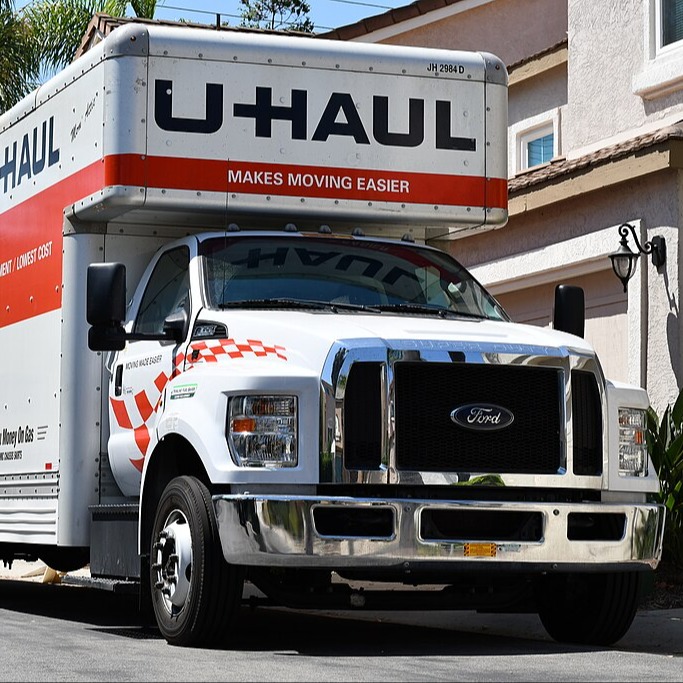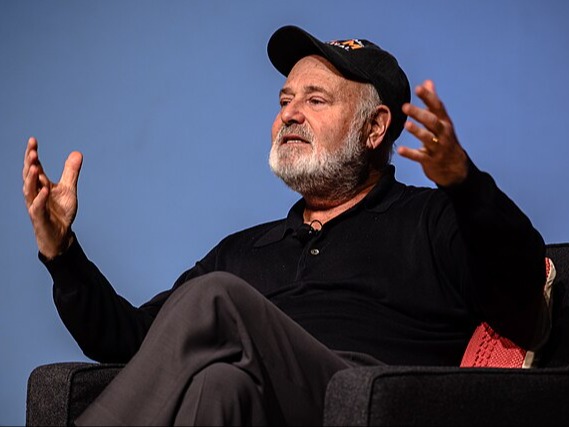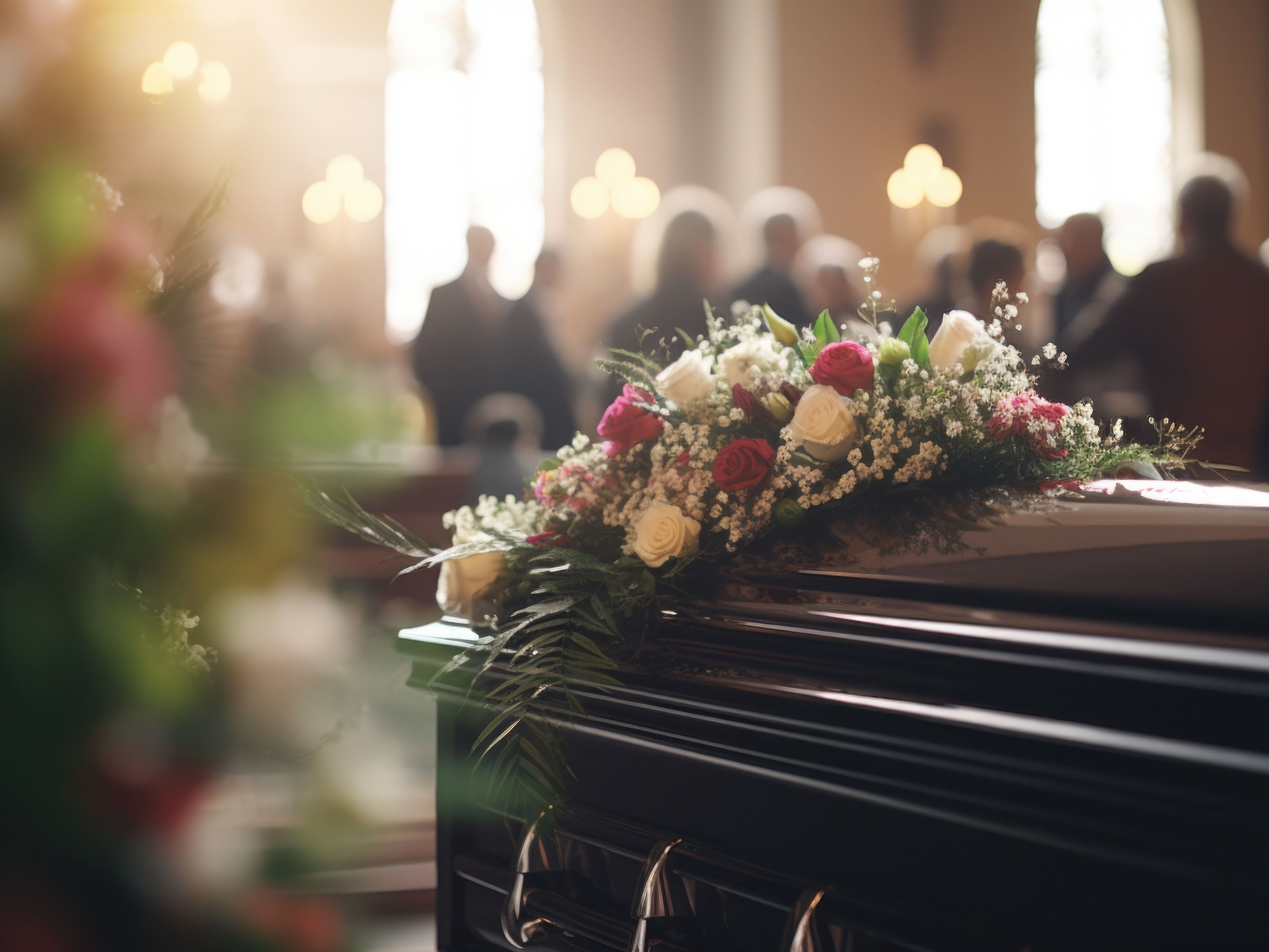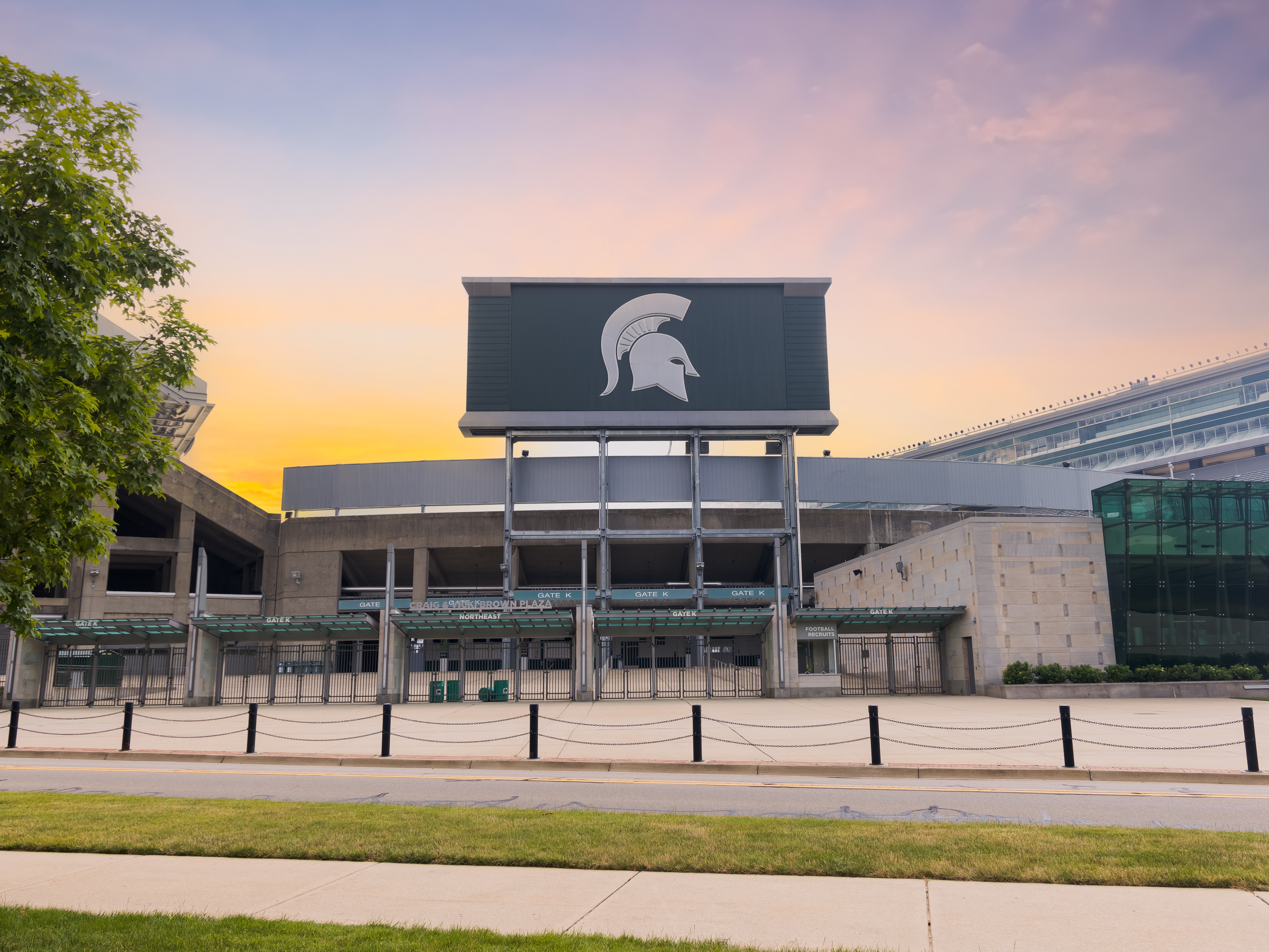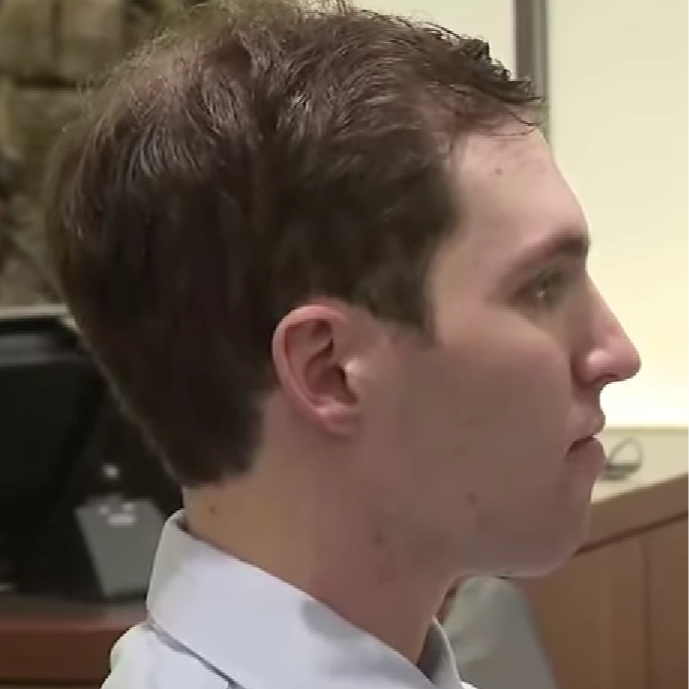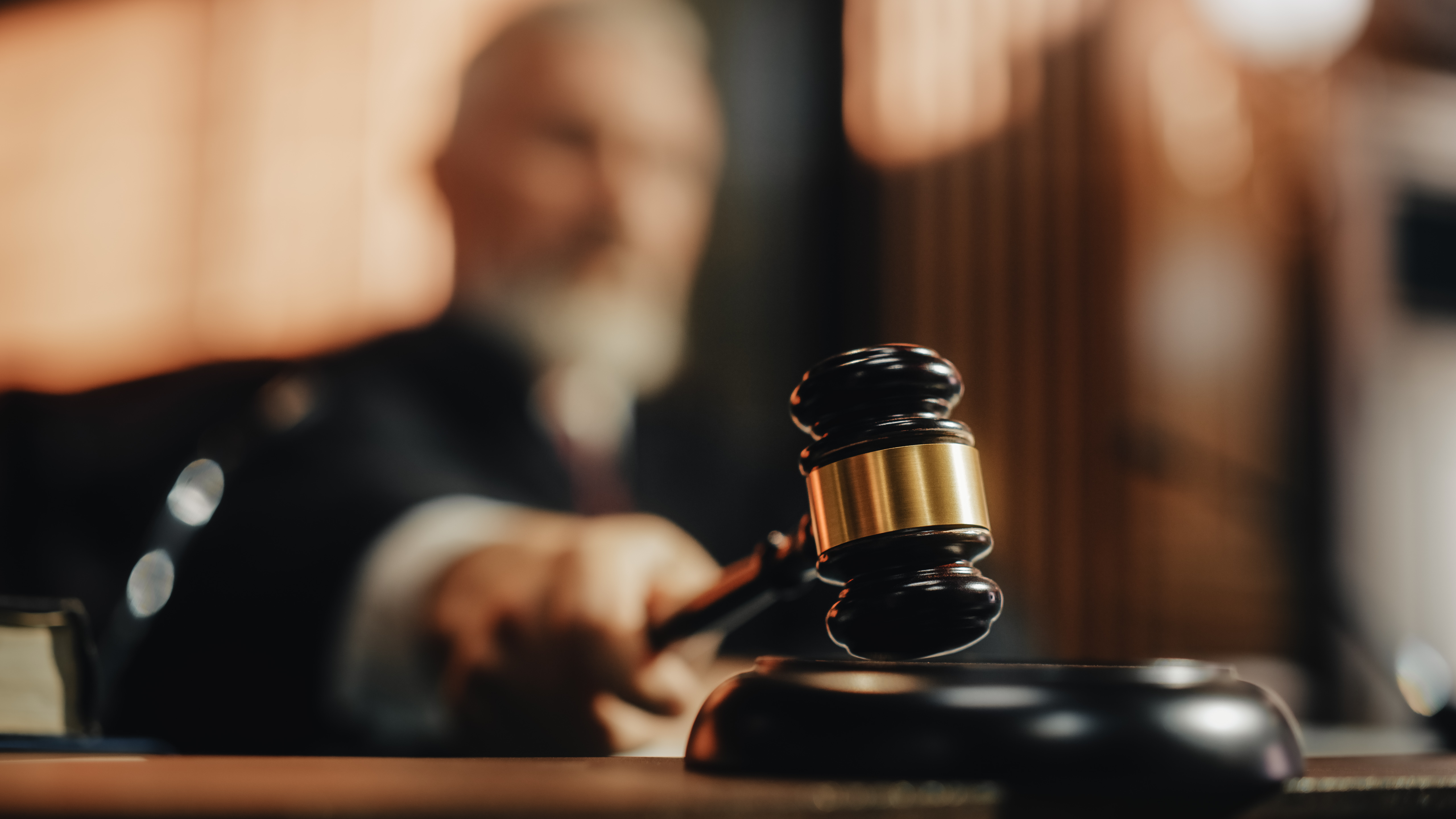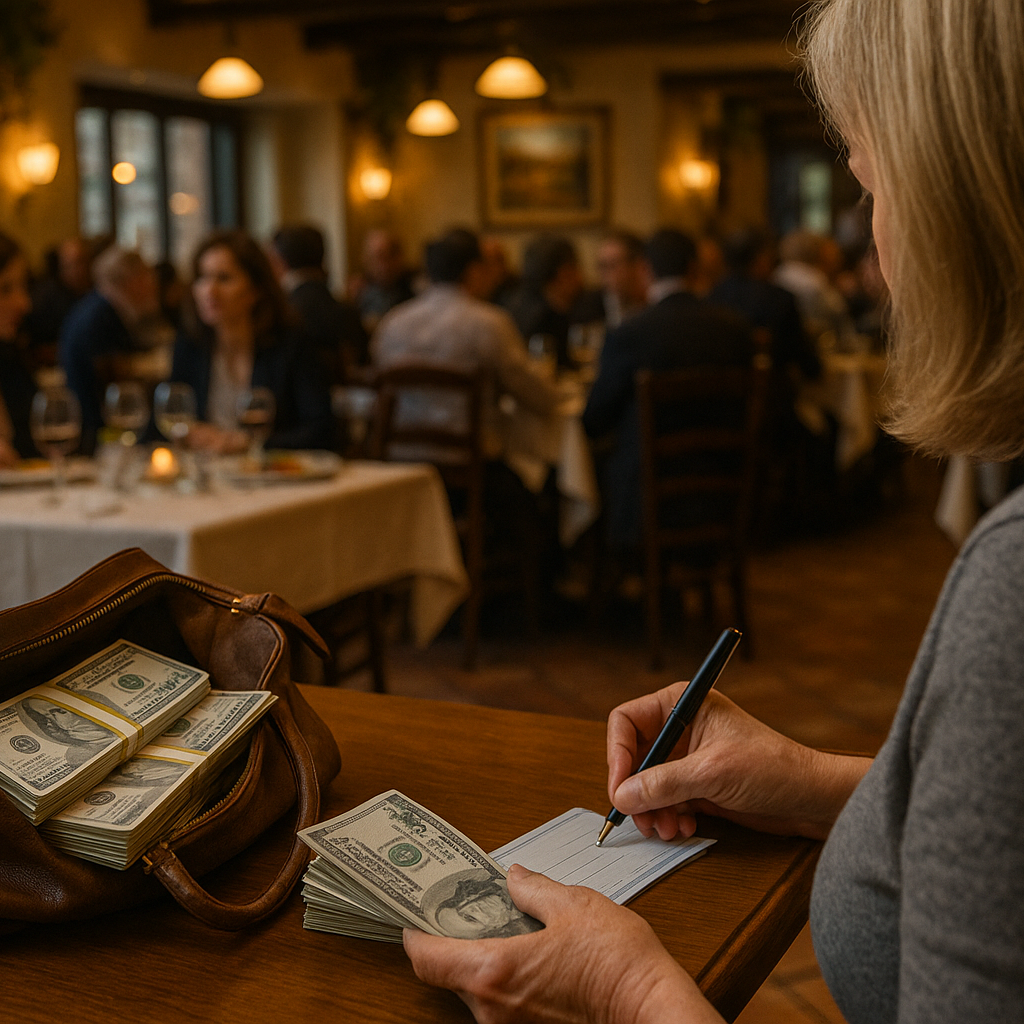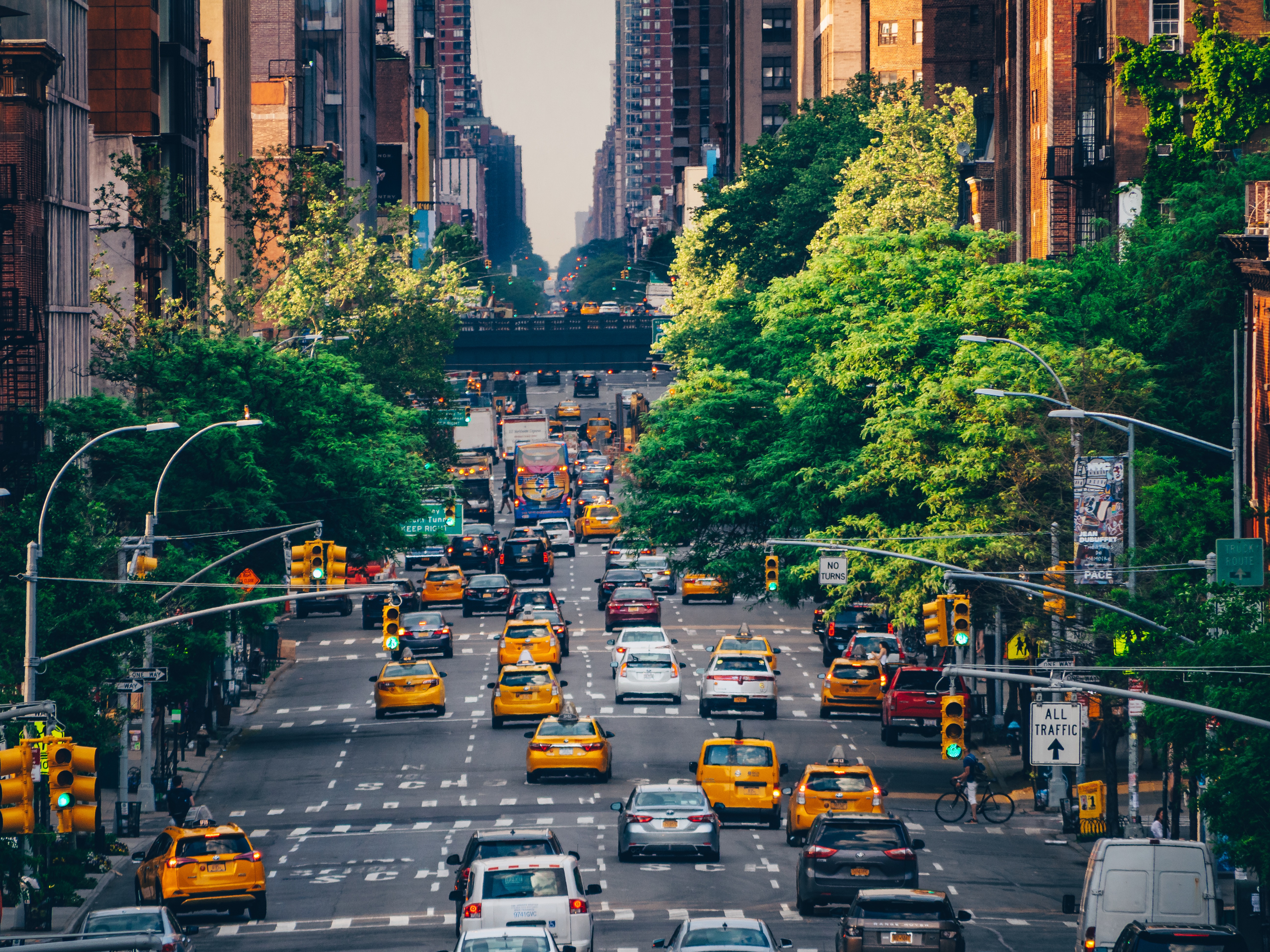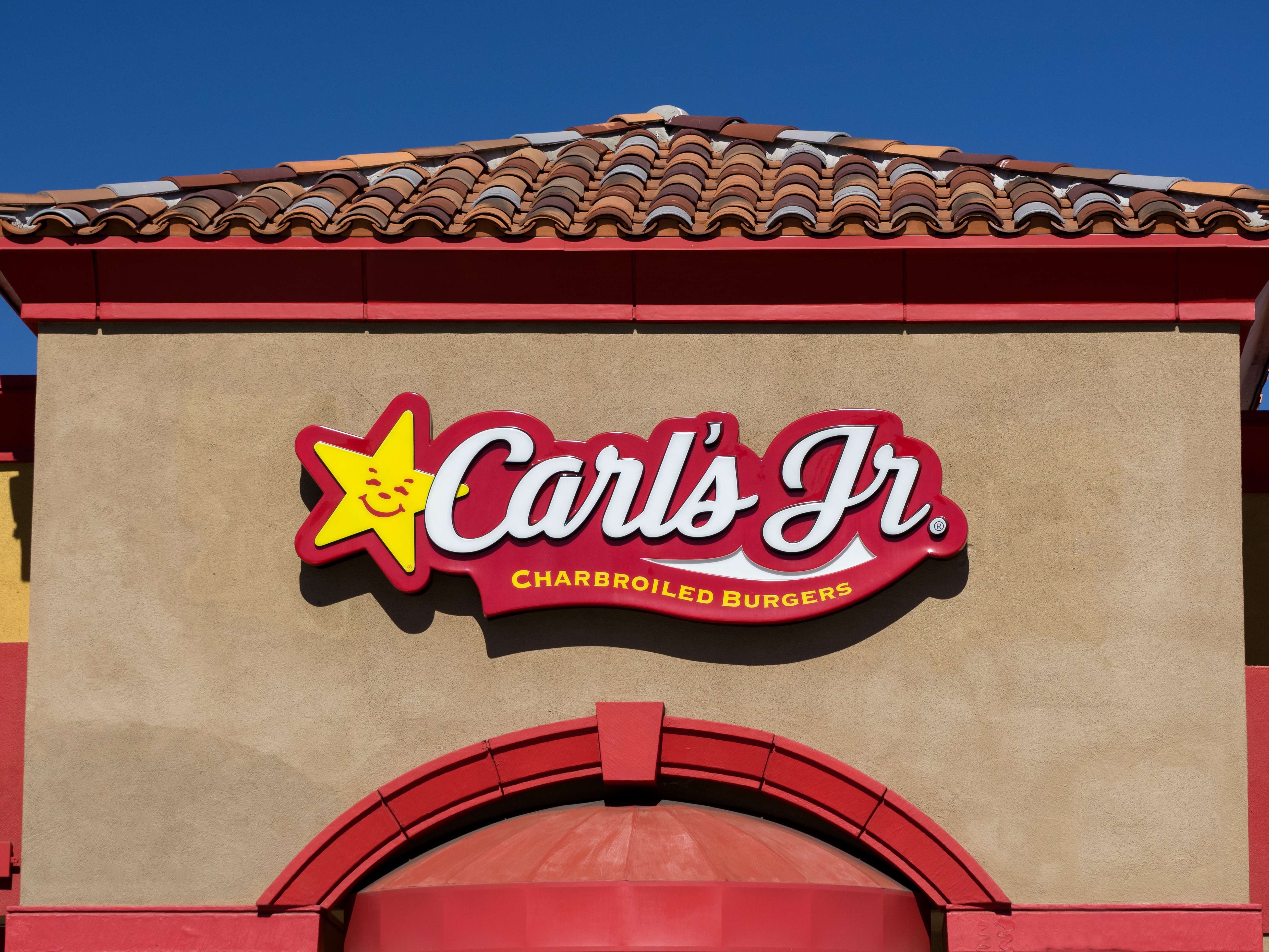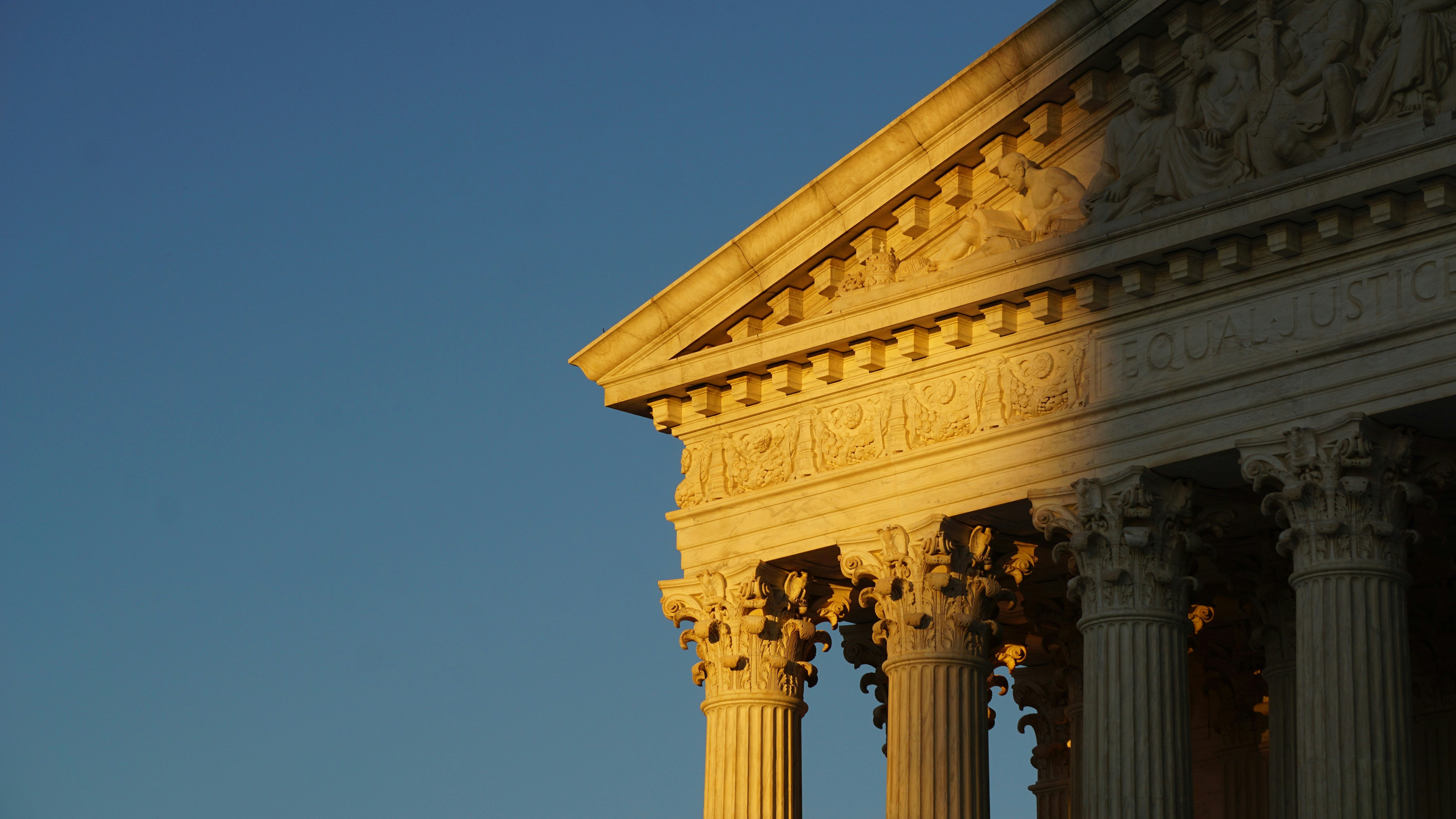
4 Lesser-Known Supreme Court Cases That Changed History
By Melissa M.. Jul 25, 2024
When it comes to the laws dictating life in the United States, most people likely think of a few court cases that got us to where we are today. But outside the realm of well-known Supreme Court cases comes the lesser-known corridor of legal history. Join us as we explore four lesser-known Supreme Court cases that played a pivotal role in shaping the American legal system.
1. Mapp v. Ohio, 1961
When Ohio police forced their way into Dolltree Mapp’s house under the suspicion that a suspected bomber was hiding in her home, Mapp quickly asked for a warrant. When the police could not produce one, they held up a piece of paper instead and proceeded to search her home. While looking for the suspected criminal, they found porn and arrested Mapp for possession of obscene materials, which was a felony in Ohio at the time. Mapp was convicted and appealed.
The Supreme Court ruled in favor of Mapp, citing the Fourth Amendment’s right against unlawful search and seizure that protects individuals from having illegally obtained evidence used against them in a court of law.
This landmark case redefined both how police can obtain evidence and what evidence can be used in court.
2. Gideon v. Wainwright, 1963
Clarence Earl Gideon was charged with breaking and entering with the intent to commit a misdemeanor, a felony in Florida. He couldn’t afford a lawyer and asked that one be provided to defend him, but the state court rejected his request. At the time, the court could only appoint counsel for defendants charged with capital offenses. Gideon defended himself to the best of his ability but still went to prison. He appealed, citing the right to counsel should be extended to felony defendants in state courts.
The Supreme Court unanimously held that, under the Sixth Amendment’s guarantee of counsel and the 14th Amendment’s Due Process Clause, state courts were required to appoint attorneys for those who can’t afford their own.
The U.S. justice system would not be what it is today without this decision, which guarantees everyone the right to adequate representation so they can have a fair trial.
3. Miranda v. Arizona, 1966
In 1963, Ernesto Miranda confessed in writing to kidnapping and raping a woman. However, the authorities failed to inform Miranda of his right to have an attorney present during the interrogation. Miranda appealed, contending his confession had been obtained unconstitutionally.
The Supreme Court ruled that law enforcement must inform suspects of their right to remain silent, their right to legal representation, and the potential consequences of their statements. It also stated that any evidence obtained in violation of these rights, without proper warnings and knowing waiver, would be inadmissible in a court of law.
This pivotal ruling in Miranda v. Arizona laid the foundation for the now-famous Miranda Rights, ensuring fair treatment and protection of the constitutional rights of individuals in police custody.
4. District of Columbia v. Heller, 2008
Washington D.C. resident and security guard Richard Heller carried a gun every day for work but found himself unable to have a firearm at home due to the city’s laws. Heller believed the laws restricted his ability to defend himself, and he and five others filed a lawsuit, asserting a violation of their Second Amendment right to bear arms.
The Supreme Court, in a closely contested 5-4 decision, upheld that the Second Amendment does protect an individual’s right to own a firearm at home for self-defense.
As we look at these important legal moments in history, it’s clear that these Supreme Court cases go beyond the courtroom and extend into the everyday lives of citizens and law enforcement in the U.S. From Mapp and Gideon to Miranda and Heller, the injustices these people encountered left lasting marks on our legal system, showcasing the ongoing fight for rights and freedoms in America.
Reference: 47 landmark Supreme Court cases that changed American life as we knew it
Trending

